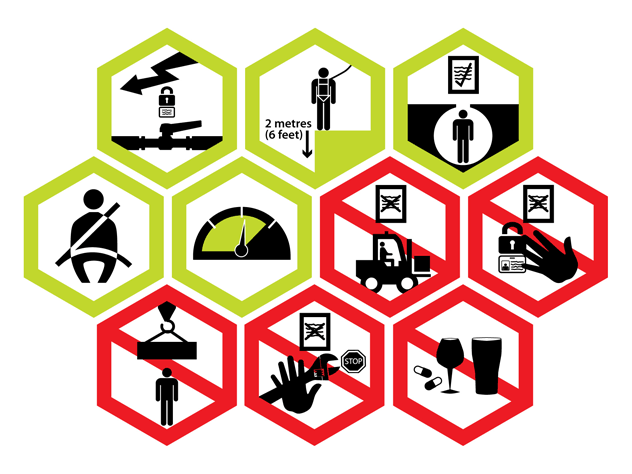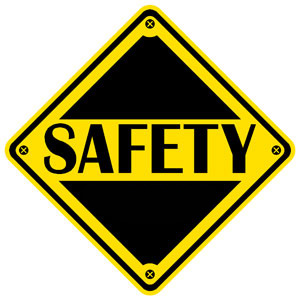- Study in AustraliaAustralian Universities/CollegesPrograms by faculty AusAustralian VisasLife in Australia
- Study In New ZealandNew Zealand UniversitiesPrograms by Faculty NZNew Zealand VisasLife in New Zealand
- Study in CanadaUniversities/Colleges in CANADAPrograms by faculty CanadaCanadian VisasLife in Canada
Safety
| Safety | |||
| Canada is a safe place to live and study. Our crime rates are very low and people are able to travel freely about the country without concern. Our police are friendly and professional and have outstanding relationships with the communities they serve. Canada is at peace with all its neighbors and we spend far more on health care than we do on our armed forces. According to the UN’s Human Development Index (HDI), a survey of such things as literacy, education, poverty and life expectancy used to measure a country’s well-being, Canada ranks in the top five countries in the world. Countries that rank high in this index are politically and economically safe and stable.
| | ||
 | |||
Part of the peace that does exist in Canadian society comes from the origins of our country. Canada did not have a war of independence or a civil war. There are rebellions in our past, such as the Riel or Northwest Rebellion and the Rebellions of 1837, and there were wars between the British, Americans and French that had a strong role in shaping Canada as a country. But Canada is a country born of diplomacy and negotiation. Traditionally we trace the birth of our country to Confederation in 1867, where many separate British colonies came together in a union to create Canada. We did not rebel against Britain, the country that ruled Canada as a colony and Canada was still seen as a part of Britain up to and including the First World War. It was not until after the war that Canada began to be seen as an independent country. It was only with the passing of the Canada Act by the British Parliament in 1982 that Canada gained the power to amend its constitutional laws without the approval of the British government. Canada's independence from Britain was a series of slow and patient steps, reflecting a patient, peace-loving people. Canada was involved in World War I and II, the Korean War and peacekeeping operations around the world, including recent actions in Afghanistan. But there has been no armed conflict between Canada and its neighbours for a very long time. The last time that Canadian soldiers fought a war on Canadian soil was the War of 1812 and the last time that Canadian soldiers fought in battle on Canadian soil were the Fenian Raids in 1866 and 1870.
Canada has traditionally had a very low crime rate even among other industrialized nations. Our crime rate declined 4% per year from 1992 - 1999. As of July 2003 the crime rate was holding steady. Though many Canadians do own guns, they tend to use them for hunting and recreation as opposed to crime or violence and they tend to be rifles as opposed to handguns. Compared to a country like the United States, Canada has more strict gun control laws (although compared to the United Kingdom, our gun control laws are not as strict).
Safety can often be tied to a good economy and a distribution of wealth throughout the population. In Canada, the majority of people are employed: Canada's unemployment rate as of March 2004 was 7.5%. While there are some people in Canada who have very little money and others who have more money than they know what to do with, the majority of Canadians fall in the middle and are able to live comfortably. Most Canadian families own their own homes or have their own apartments or condominiums. It is rare in Canada for people to go without the basic necessities of life, such as food, shelter and clothing. In addition, there is very little in the way of social barriers for a Canadian to start off with nothing and make something of themselves. There are no official classes or groupings in Canadian society and legally no one can be turned down for a job based on their race, sexual preference, ethnicity or gender.
Canada on the whole is a safe country when it comes to disease and illness. Communicable diseases, such as the bubonic plague, typhoid or malaria, are non-existent in Canada. Normally, the biggest fear Canadians have in the way of airborne communicable diseases is a bad cold or the flu. West Nile Virus has become a concern in the last few years, but precautions can be taken and the number of people affected in Canada is very small. Canada also has a very good health care system through which Canadians have access to essential medical services for no charge.
On the whole, Canadians have little to fear from the wildlife that is all around them. There are very few poisonous animals in Canada and the area they inhabit is very small. Most Canadians live in urban areas and, consequently, most schools in Canada are in urban areas where the most dangerous wildlife they might encounter would be a skunk. And the worst thing that might happen in that situation would be that the skunk would spray you with an extremely foul-smelling scent. There are exceptions to this rule. In Banff and other prairie or northern cities or towns, people have encountered moose. Moose are generally docile, but they have been known to charge and attack humans. Cougars in the mountains of the Canadian west have caused problems as have bears and wolves across the country. But these exceptions are extremely rare and most wild animals avoid humans. The majority of Canadians will never encounter any of these animals outside of a zoo. One problem that is serious and you should be on the lookout for in Canada is rabies. This is a disease that can affect animals like raccoons, dogs, foxes and wolves and can be passed on to humans through the animal's saliva. If an animal bites you, you should seek medical attention immediately. There are treatments for rabies and it is not fatal if treated early enough. | |||
For more information, please contact one of our offices
Study in Australia | Study in the UK | Study in Malaysia | Study in Canada | Study in the USA | Study in New Zealand














